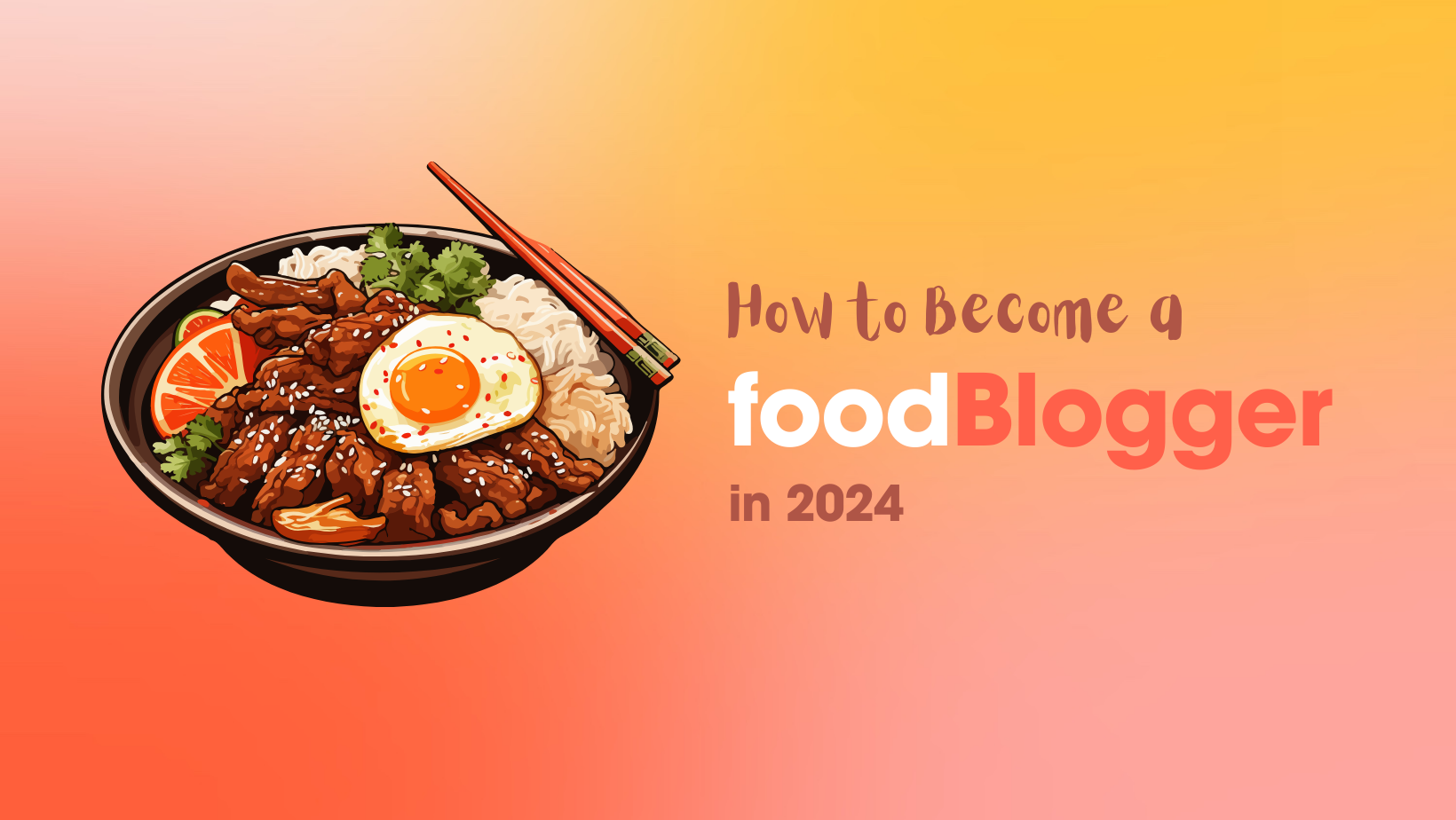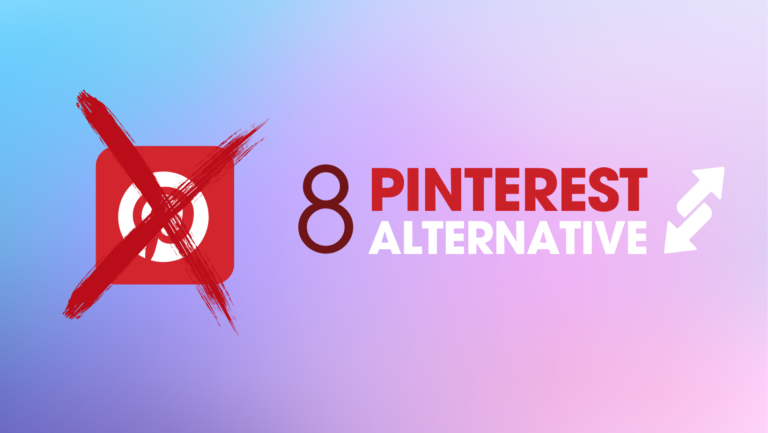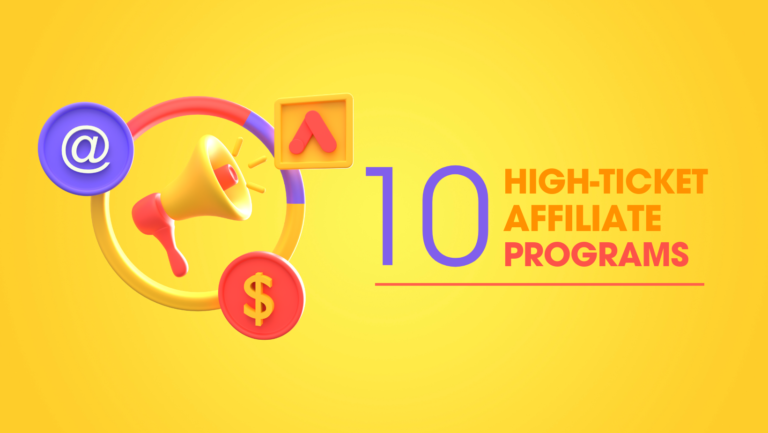How to Become a Food Blogger in 2024

Are you into a passion for cooking?
And now it’s time to reveal your secrets to the rest of the world.
Learn how to become a food blogger in 2024.
With your own food blog, you can share your ideas for your own recipes and let the rest of the world taste and appreciate them while earning a good passive income.
What exactly is food blogging?
Food blogging is a type of blogging in which the blogger posts about food on a regular basis for personal or professional reasons.
Food blogging content can range from postings about what the blogger had for supper last night to professional recipes and cooking suggestions, as well as how-tos and food photography.

On the surface, it appears to be blogging about delicious recipes and cooking, or taking mouth-watering images to drool over and encourage others.
But delve a bit further, and you’ll discover that there’s a lot more to it.
There are numerous sorts of food blogs:
- Recipes
- Inspection of Food and Restaurants
- Travel and Food (Ethics and Culture)
- Food Photography
If you’re passionate about cuisine, you’re probably even closer to starting your own business.
What Qualifications Do I Require to Become a Food Blogger?
Starting a new blog is both exhilarating and terrifying. It’s exciting because you get to create something from scratch, but it’s also terrifying since it involves some effort.
You enjoy eating and writing, but what do you need to launch your own food blog?
Let’s see what you should do initially to get off to a good start.
1. Domain Name
Your domain is more than just the address of your blog; it is essential to your blogging experience.
Your domain should stand out from the crowd since, as the saying goes, the first impression is the best impression. When you promote your name to someone, you must pique their curiosity enough for them to visit your blog right away.
Make it easy to spell or type; if you give a convoluted name, your readers will struggle, and you will lose them.
The better your blog domain, the easier it will be to increase traffic.
When you’ve decided on a domain name, you’ll need to join up with Bluehost to receive your domain name and web hosting so you can begin constructing your fresh new blog.
2. Start Your Blog
Once you’ve decided on a name for your blog, keep in mind that you should always use current trending and inspiring themes that people are seeking.
It will be much easier if you always pursue your own passion.
Then, look at several types of food blogs to identify which topics are relevant to you:
- Recipe blog (health and fitness, simple and quick dishes, and so on).
- Types of Standard Diets
- Popular food blogs (vegan, gluten-free, and so on)
- Blogs that review cookbooks
- Blogs about food and travel
- Blogs about food photography
To begin your food blog, choose a blogging platform where you will publish your blog posts and create the design and layout for your blog.
You can utilize a platform like WordPress to gain more flexibility and control.
Continue reading our guide on how to start a blog here.
Read: How to Create a Blog in 2024 (Beginner’s Guide)
3. Establish Your Online Presence
One of the most important things you can do for your organisation is to have an internet presence.
Building your internet presence takes time and effort, but it is well worth it because it will increase traffic to your site and bring you more business.
Here are a few more things you can do to boost your online visibility:
- Building an email list: Creating an email list allows you to reach out to current, devoted readers on a daily, weekly, or monthly basis.
- SEO is a procedure that helps your website rank better in search engine results for a specific keyword or phrase. It’s a process of enhancing a website’s visibility in search engines for free, which you may have heard of before.
- Try these forums: Forums are now a near-certain destination when trying to discuss something with like-minded people, from cooking to coding to business talk.
- Maintain a social media presence: It is now necessary to be on social media; there are approximately 3.6 billion individuals on social media worldwide, and this is the primary instrument that directs more traffic to your site.
- Face the world of competition: Always be aware of your competition, find out what their weak areas and missing elements are, and strive to generate original material about those weak issues, write in detail, and attract their readers’ attention.
- Let’s be honest: becoming a successful food blogger takes time and effort. Cooking, photography, and writing about food are all required.
You will also need motivation, enthusiasm, commitment, and a sound plan for success.
How Do Food Bloggers Get Paid?
If you’re thinking about starting a food blog, you’ve probably wondered how food bloggers make money.
Many people question how bloggers generate money because they live on the internet. The truth is that there are several ways for a blogger to gain money.
1. Displaying Advertisements
Posting ads on our blog is a popular technique for food bloggers to generate money.
Once you have a large quantity of traffic, you may join ad networks such as Google Adsense and earn money by displaying advertisements on your blog.
2. Develop Sponsored Content
Bloggers create sponsored content to promote a specific business, product, or service to a specific segment of the intended audience.
You can partner with appropriate businesses, but you must decide and ensure that you promote relevant products, as what you propose will determine your future growth.
For example, you may cook the business’s major ingredient, display their cookware, or speak to the audience about their brand.
Simply put, brand sponsorship is an excellent strategy to increase conversions and cash from your food blog.
However, this blog is not attracting large corporate sponsors willing to pay us large sums of money for sponsorships.
Instead, we’ve had a lot of success with affiliate marketing for products that we truly promote to you.
3. Product and Service Sales
Before you sell your goods, you should examine the cost, quality, and niche market you have chosen.
Plan your business and how you will promote it, and keep yourself prepared to answer all of your consumers’ queries.
Remember to obey health regulations whenever your business is centred on food.
While you consider selling a physical product, consider building an online course and selling it to your target audience as a digital product.
You can accomplish this by utilising sites like Teachable.
Last Thoughts
Continue if you want to become a food blogger and are passionate about baking.
Food blogging is an exciting adventure and a highly sought-after profession in today’s market.
Start a blog and let the rest of the world try your recipe; in return, they can reward you with the money you earn from the blog.
Make sure anything you share, sell, or promote is accurate. When dealing with food, be mindful of what you are dealing with; in this world, food is the primary role that a human being plays; and always be honest about what you share.
Good luck with your food blogging!
You might be interested in:
- How to Create a Blog in 2024 (Beginner’s Guide)
- Top 5 Best Web Hosting Services for Bloggers in 2024
- How To Build a WordPress Website with Bluehost (from Scratch)
(Disclosure: This article contains affiliate links. If you purchase through these links, I earn a commission at no extra cost to you.)






